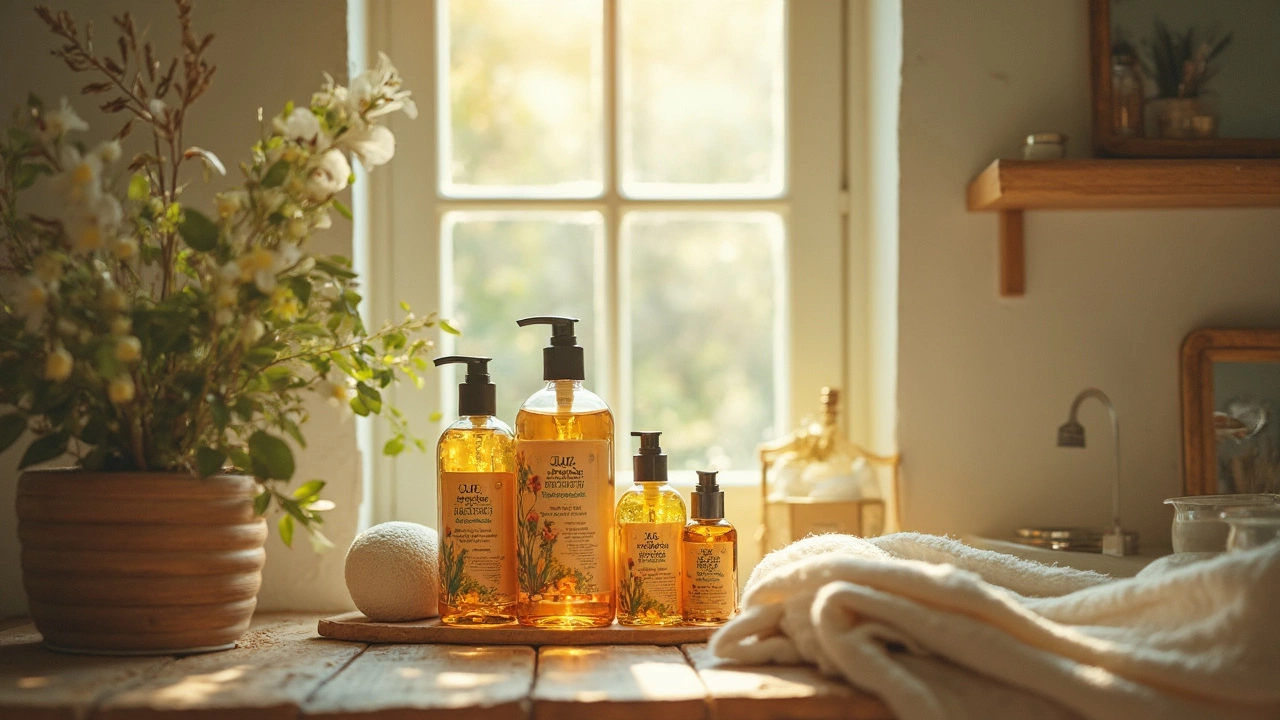Hair Nutrition: Simple Ways Food Helps Your Hair Look Better
Ever notice that after a bad diet your hair feels dry or starts shedding more? It’s not a coincidence. What you eat feeds the cells that make your hair, so the right nutrients can turn dull strands into a healthy mane. Below are the basics you need to know, plus practical tips you can start using today.
Key Nutrients for Strong Hair
Protein is the building block of hair. Each strand is made of keratin, a protein, so a diet rich in lean meat, fish, eggs, beans or tofu gives your follicles the material they need to grow. Aim for a palm‑sized portion of protein at every meal.
Iron carries oxygen to the hair follicles. Low iron often shows up as hair thinning. Red meat, spinach, lentils and fortified cereals are good sources. Pair iron‑rich foods with vitamin C (like orange slices) to boost absorption.
Zinc helps repair hair tissue and keeps oil glands working. Nuts, seeds, whole grains and shellfish pack zinc. A handful of pumpkin seeds as a snack can make a noticeable difference.
Biotin (Vitamin B7) is famous for hair health. While deficiencies are rare, a daily biotin‑rich snack—like a boiled egg or a few almonds—supports the metabolic pathways that grow hair.
Omega‑3 fatty acids keep the scalp hydrated and reduce inflammation. Fatty fish (salmon, mackerel), chia seeds or walnuts are easy ways to add these healthy fats.
Vitamin D and Vitamin E act as antioxidants, protecting follicles from oxidative stress. Sunlight, fortified dairy, and a drizzle of olive oil over salads help your body maintain these vitamins.
Everyday Habits to Keep Your Hair Happy
Nutrition is only part of the picture. Stay hydrated—water helps transport nutrients to your scalp. Aim for eight glasses a day, more if you exercise.
Don’t skip meals. Crash diets can trigger telogen effluvium, a temporary shedding phase caused by nutrient shock. If you’re cutting calories, keep protein intake steady and consider a multivitamin with iron and zinc.
Limit sugary drinks and excessive alcohol. Both can dehydrate the scalp and interfere with nutrient absorption.
Include a small, balanced snack between meals. A piece of fruit with a handful of nuts gives quick energy and a steady flow of vitamins and minerals.
If you’re vegetarian or vegan, pay extra attention to iron, zinc, and B‑vitamins. Plant‑based sources are great, but you may need to combine them (like lentils with quinoa) to improve bioavailability.
Supplements can fill gaps, but they’re not a magic fix. Choose a reputable hair‑focused supplement that lists biotin, zinc, and omega‑3s, and follow the dosage on the label.
Finally, pair good nutrition with gentle hair care: avoid daily heat styling, use a sulfate‑free shampoo, and give your hair a break from tight hairstyles that pull on the roots.
By feeding your body the right mix of protein, iron, zinc, omega‑3s, and vitamins, you’ll give your hair the foundation it needs to grow strong and stay shiny. Start with one or two changes this week—maybe swap a snack for a nut‑and‑fruit combo or add a salmon dinner—and watch how your hair responds.
What's Healthiest for Your Hair?
Discover what truly keeps your hair healthy with insights into hair care products and lifestyle choices. From understanding the labels on your products to knowing which ingredients make a difference, this guide unravels the facts. Learn about nourishing oils, the impact of diet on hair, and how simple changes can transform your hair's health. Avoid common pitfalls and embrace practices that ensure your locks are in top condition.

